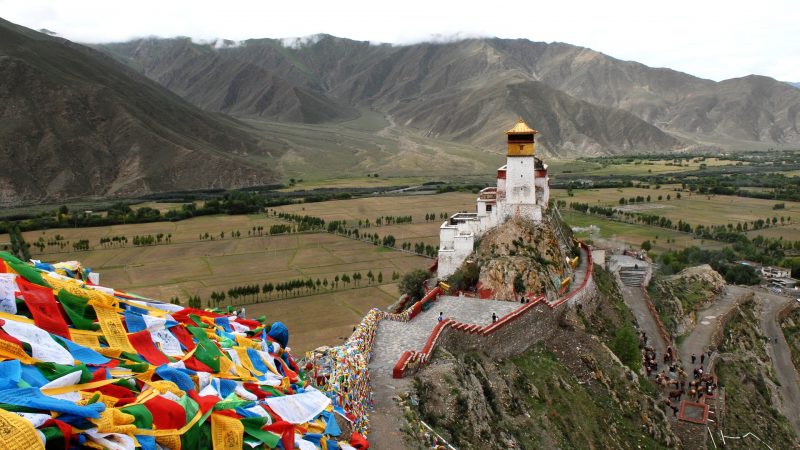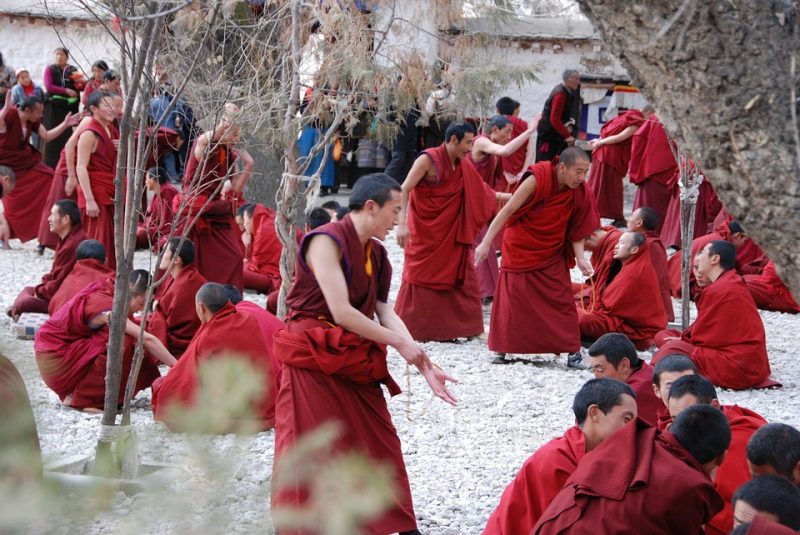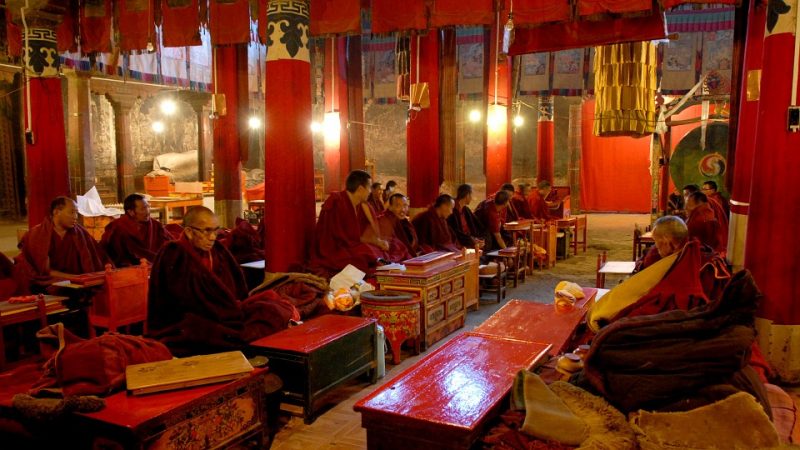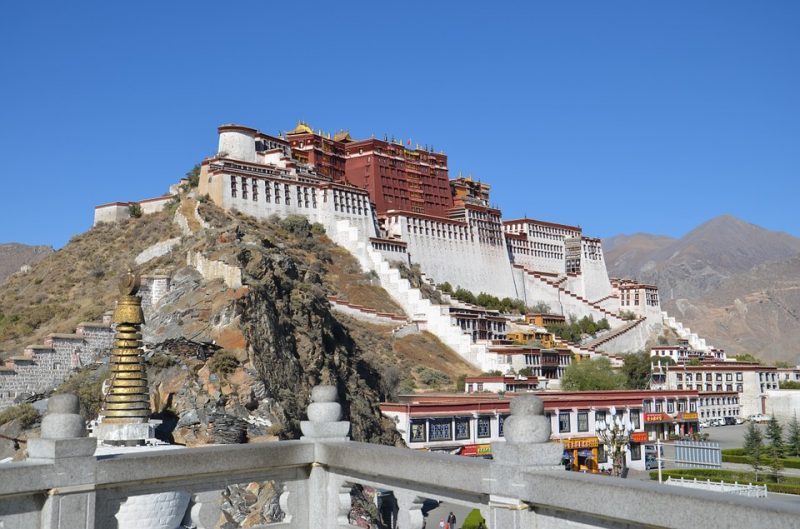U.S. to Ban Chinese Officials Unless Tibet Opens Up to Americans
With bipartisan support, the U.S. Senate passed a bill on Dec. 11 that demands access to Tibet for American diplomats, journalists and tourists.
The region, which requires foreigners a special permit to visit, has a contested history of independence before it officially came under Chinese control in 1951.
Beijing especially bans travel to the region’s capital city of Lhasa every March, a month deemed politically-sensitive in memory of a 1959 rebellion that resulted in the “elimination” of more than 80,000 Tibetans. This includes the Dalai Lama, Tibet’s spiritual leader, who fled into exile in India with thousands of followers.
Nonetheless, Chinese authorities maintain a tight grip elsewhere in the region, restricting political and religious expression and subjecting violators to persecution. As a result, 155 Tibetans have resorted to self-immolation since 2009, according to the International Campaign for Tibet (ICT).

The bill, titled Reciprocal Access to Tibet Act of 2018, requires the U.S. State Secretary to identify Chinese officials responsible for excluding American citizens from the region and ban them from entering the United States, Radio Free Asia reported.
Senate approved the legislation on Tuesday after it passed the House of Representatives in September. It now awaits the signature of President Donald Trump to become a law.

The bill is based on the diplomatic principle of reciprocity, which asserts that “countries should provide equal rights to one another’s citizens,” the ICT said.
While Americans face restrictions in entering Tibet, “Chinese citizens, journalists from state-sponsored propaganda outlets and bureaucrats of the Chinese Communist Party travel freely throughout the US and lobby the American government on Tibetan issues,” according to the Washington-based advocacy group.

“China’s repression in Tibet includes keeping out those who can shine a light on its human rights abuses against the Tibetan people,” Sen. Marco Rubio, one of the bill’s sponsors, said in a statement. “We should not accept a double standard where Chinese officials can freely visit the United States while at the same blocking our diplomats, journalists and Tibetan-Americans from visiting Tibet.”
“I look forward to President Trump signing this bill into law that will help restore some measure of reciprocity to America’s relationship with China.”

In response, China slammed the legislation and urged the U.S. to prevent it from becoming a law to avoid “damage” in bilateral relations, the South China Morning Post reported.
“The relevant bill … has disregarded the facts, grossly interfered in China’s internal affairs, and violated the basic norms of international relations,” said Foreign Ministry spokesman Lu Kang at a press briefing. “China is firmly opposed to this and has already made solemn representations to the US.”
“We strongly urge the US administration to immediately take effective measures to prevent this bill from being signed into law, so as to avoid damage to China-US relations and the cooperation between the two countries in important areas.”

According to Lu, nearly 40,000 U.S. citizens have visited Tibet since 2015. The figure includes a number of minority leaders of the U.S. Congress and Senate, CGTN noted.
The post U.S. to Ban Chinese Officials Unless Tibet Opens Up to Americans appeared first on NextShark.
Contributer : NextShark



 Reviewed by mimisabreena
on
Sunday, December 16, 2018
Rating:
Reviewed by mimisabreena
on
Sunday, December 16, 2018
Rating:















No comments:
Post a Comment